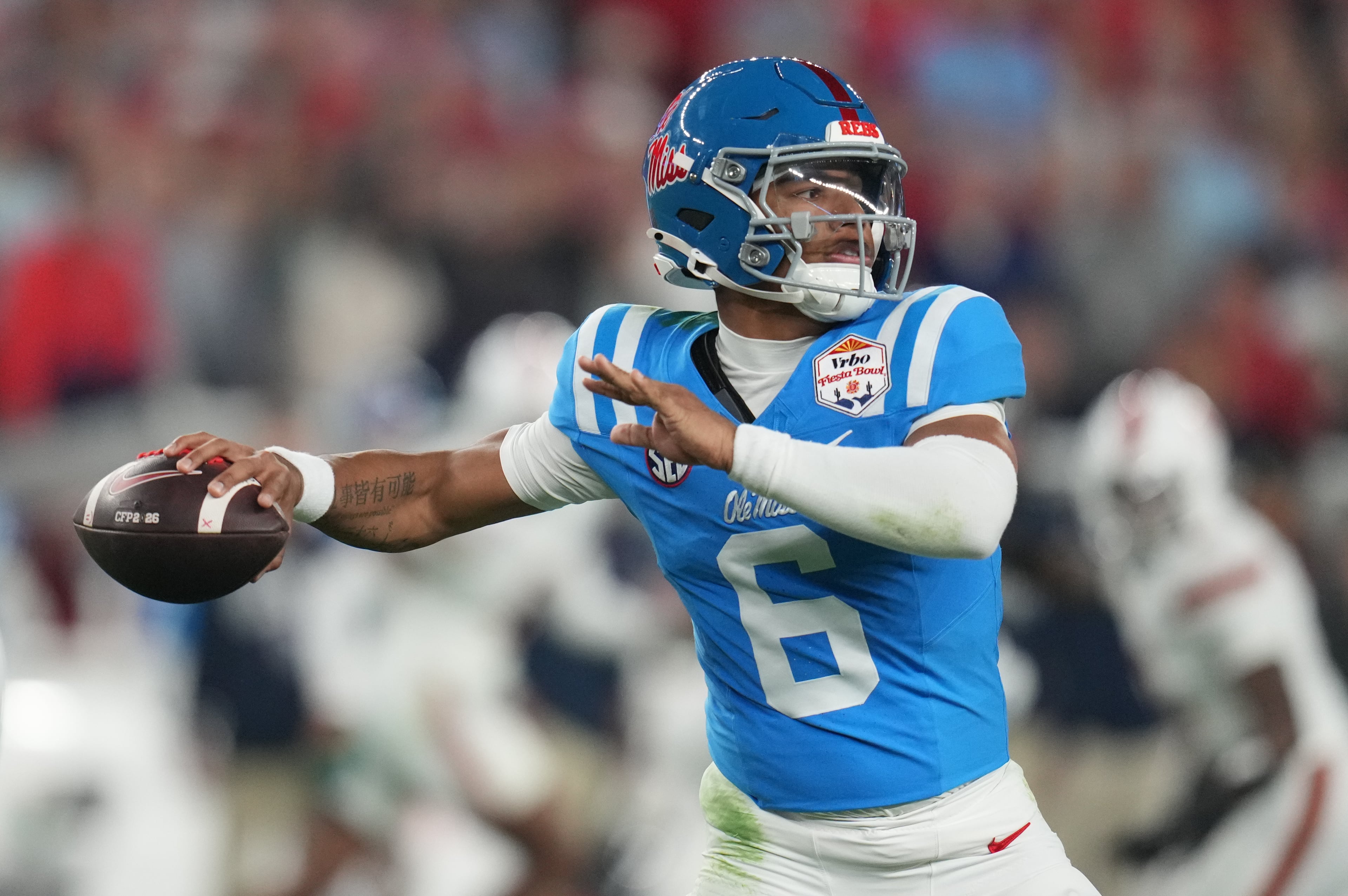Can one upset be start of something for Tech, Gregory?
When a major college basketball coach loses 51 out of 70 conference games over a four-year span, finishing in 11th, ninth, 11th and 14th place and slinking home without so much as a participation trophy, there’s rarely room for optimism. By year two or three, any trace of self-esteem usually has been stomped flat.
Which brings me to Brian Gregory, the perpetually optimistic coach at Georgia Tech. The man could have all four limbs ripped out and still convince you how much he’s looking forward to the challenge of taking LeBron James to the hoop.
Annie sings, “The sun will come out tomorrow.”
Gregory sings, “The sun will come out tomorrow, and in about 17 days I will grow enough food in my garden to eliminate world hunger.”
The last four seasons have been a challenge for Gregory, as well as most mortals. He took over a once-proud but then struggling program at Tech, amid financial challenges, and fixed some off-court issues but continued to mostly lose. This season, there was little reason to expect the Jackets would, as Don King once put it, “rise from the media pallet of death.”
But after reasonably close losses at North Carolina and Pittsburgh, the Jackets stunned fourth-ranked Virginia last Saturday. McCamish Pavilion rocked like it hadn’t since the former Alexander Memorial Coliseum was home to a few relevant NCAA tournaments teams under Paul Hewitt.
“I felt good for our guys,” Gregory said. “They have a belief in what we’re doing but everybody’s human and you need some tangible evidence that what we’re doing is really gonna work. So it was huge. And we’re playing a top five team, they tie it up, and we’ve been down that road before, but this time they responded.”
One significant ACC win will amount to little significance if the Jackets (11-5, 1-2) tumble into oblivion again. They play at Notre Dame Wednesday night before returning home for games against Virginia Tech and Louisville. Three straight losses and watch how quickly that sun is eclipsed again.
Gregory firmly believes, “We have a really solid program.” But he understands the talk doesn’t amount to much anymore.
“We have to win games. I understand that. I’m OK with that,” he said.
He also understands the backdrop. Georgia Tech brought him back largely because athletics simply couldn't afford to pay off the remaining $2.4 million on his contract, as well as the $3.6 million left on Hewitt's buyout, and then find the resources to hire a new coach. It made more sense for athletic director Mike Bobinski to give Gregory another year to turn things around while the financial commitments shrink.
At the very least, there are reasons to believe the Jackets won’t go 3-15 in the ACC again. They went 0-11 in conference games last season decided by five or fewer points. That defies logic. (They’re 1-1 this season after the five-point loss at Pitt and four-point win over Virginia. Tech also is deeper and far more talented, with more scoring options, this season. Gregory brought in two graduate transfers: guard and leading scorer Adam Smith (Virginia Tech) and forward James White (Arkansas-Little Rock), one of the team’s top rebounders.
Overall, Tech has five transfer players on the roster, including returnees Charles Mitchell (Maryland), Nick Jacobs (Alabama) and Josh Heath (South Florida). This is the new adapt-or-die reality in college basketball. Pitt and Louisville also start two graduate transfers, and nearly every program has transfers either starting or in the regular rotation.
Would Tech be as good without transfers?
“Absolutely not,” Gregory said. “But neither would Pittsburgh or Louisville or Michigan State. We’re not alone.”
Tech led Virginia by 11, 35-24, at halftime, only to see the Cavaliers rally and tie it at 49-all with six minutes left. But forward Quinton Stephens hit consecutive three-pointers and Tech never looked back. The offense isn’t limited to Marcus Georges-Hunt.
“Last year sometimes our offense was every bit as good as it was this year. We just never made any shots,” Gregory said.
What’s reality for this team? Gregory won’t put a number on it, other than to say, “We want to play in the postseason. We would prefer to play in the NCAA tournament.”
That would be different.
More Stories
The Latest

